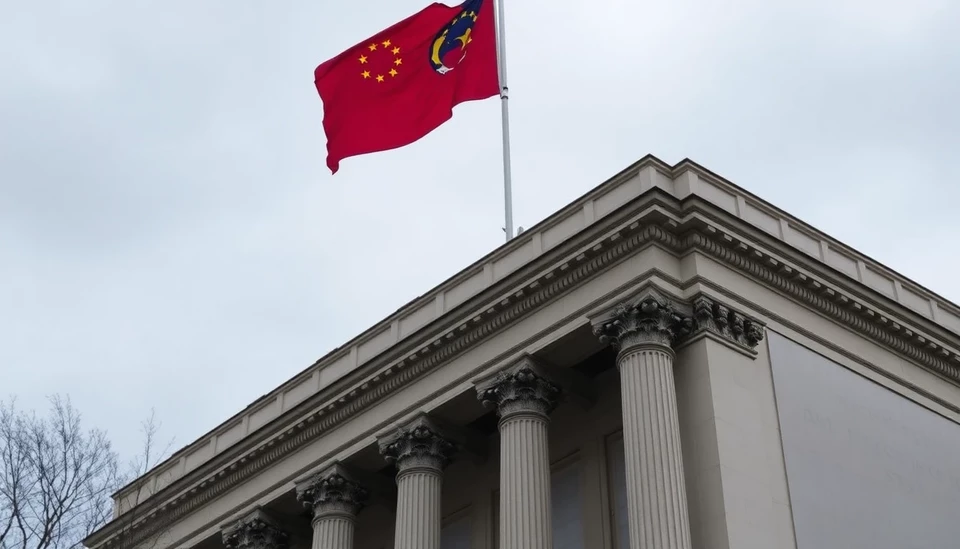
In a significant development within global finance, European regulators are expected to delay the implementation of new trading rules for banks, primarily due to the uncertainties surrounding former President Donald Trump's potential impact on the U.S. banking sector. This decision marks a crucial point of contention as regulatory bodies navigate the complex interplay between transatlantic financial frameworks and domestic political dynamics.
The proposed trading regulations, which were initially aimed at enhancing transparency and stability in European markets, have now been put on hold. Sources close to the matter suggest that the delay results from concerns regarding how a shift in U.S. financial policies could influence European banks. The regulators are wary of making definitive moves in a landscape that could dramatically change based on Trump's political maneuvers and the presidential race ahead of the 2024 elections.
Industries are closely monitoring the developments as Trump's return to power could result in significant deregulation of the banking sector in the United States. Should that occur, European rules might need adjustments to remain compatible with U.S. practices, thus raising the stakes for European banks that operate internationally.
The uncertainty surrounding U.S. regulations has fueled debates on both sides of the Atlantic regarding the need for a cohesive and synchronized international banking framework. European regulators are concerned that implementing rules without considering potential changes in the U.S. could lead to negative implications for competitiveness and risk management across the board.
Market analysts argue that delaying the regulations is a double-edged sword. While it may provide room for assessment and adaptation to future U.S. policy shifts, it could also result in a lack of clarity that hampers operational planning and investment decisions among European banks. Such indecisiveness might lead to an increase in market volatility as firms are left in a state of uncertainty.
As the European banking sector grapples with these delayed regulations, industry leaders are calling for clearer communication from regulators. They urge them to outline the frameworks and timelines that can help ease concerns and promote stability in the financial environment. The ripple effects of this delay are expected to influence not only the banking sphere but also the broader economic conditions in Europe.
In summary, as Europe sits at a crossroads of regulatory pathfinding, the delays in bank trading rules highlight the critical intersections of politics and finance. The upcoming events in the U.S. will undoubtedly shape the future landscape of European banking regulation and its overall competitiveness on the global stage.
As the situation develops, all eyes will be watching how European regulators and banks respond to the intricate chess game of international finance that is greatly influenced by political changes, particularly those stemming from the United States.
#Europe #BankingRegulations #DonaldTrump #FinancialMarket #TradingRules #InternationalFinance #RegulatoryDelay #BankingSector #EconomicImpact #PoliticalInfluence
Author: John Harris




